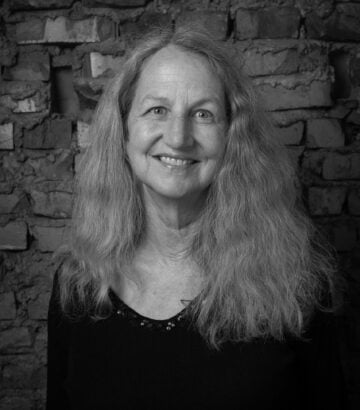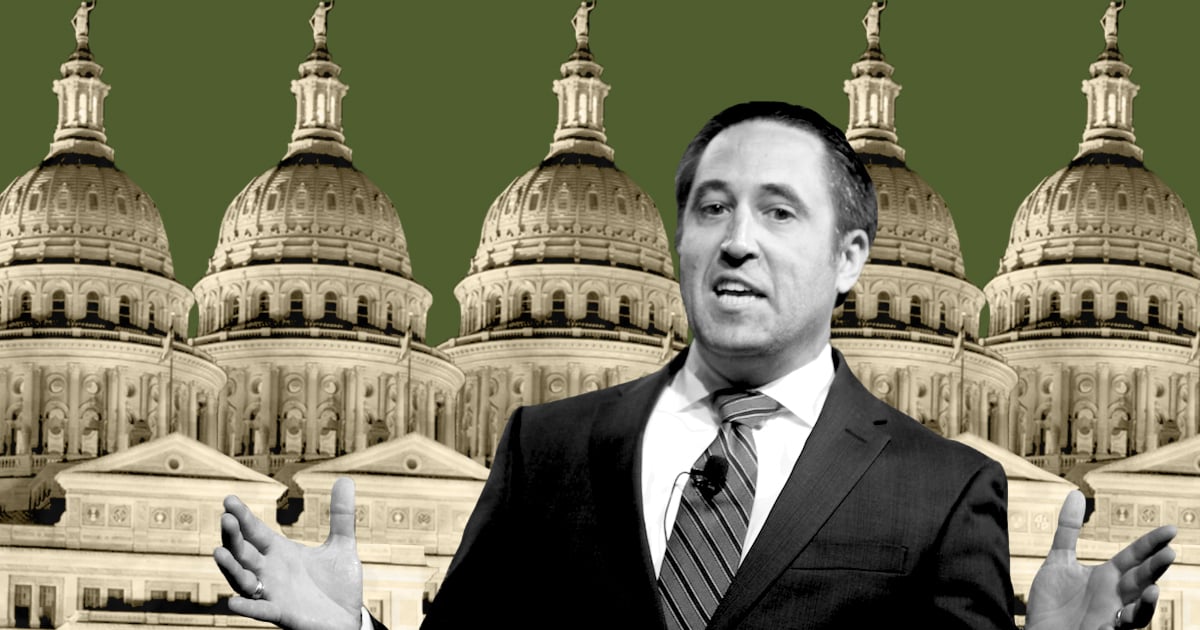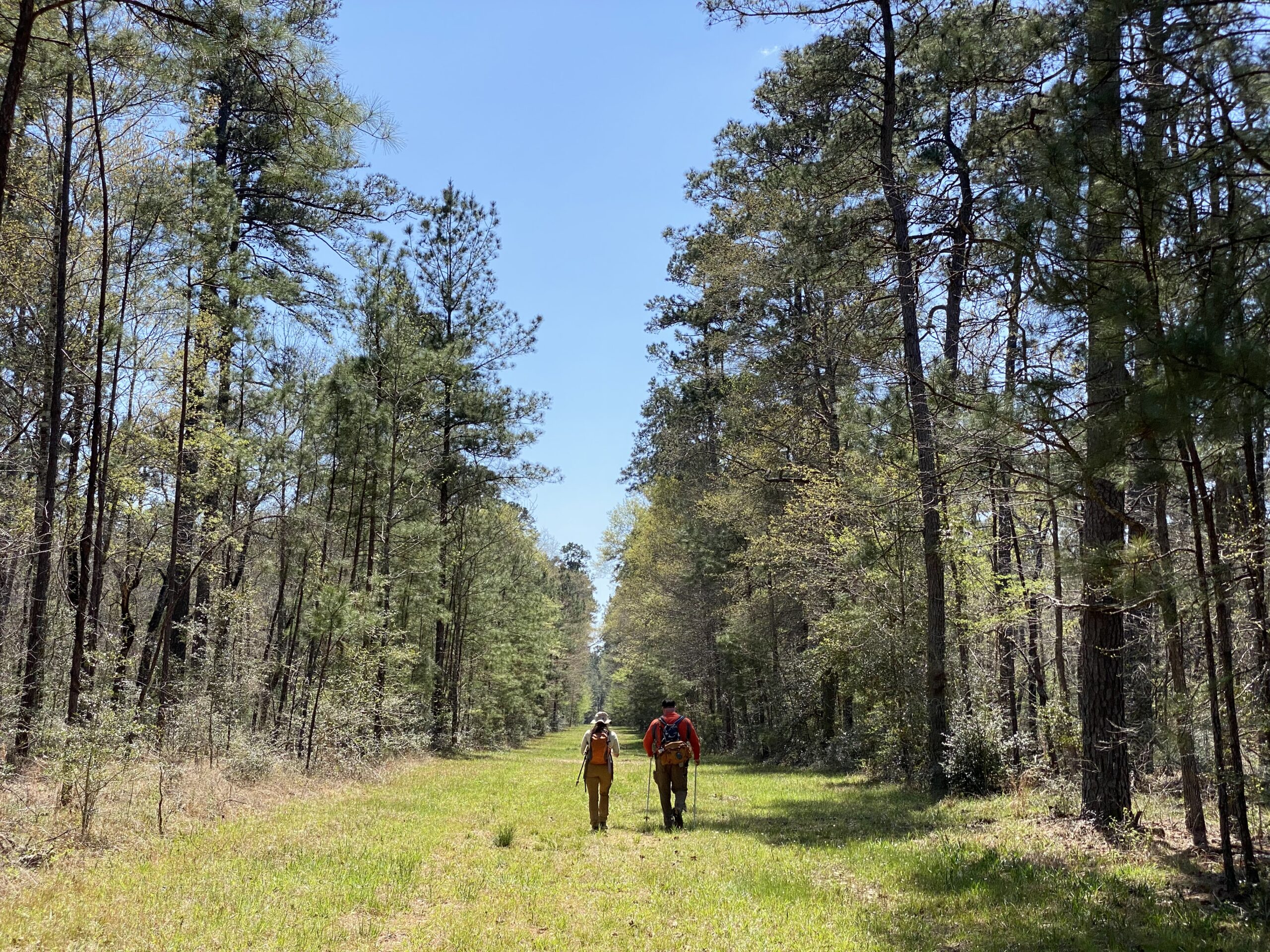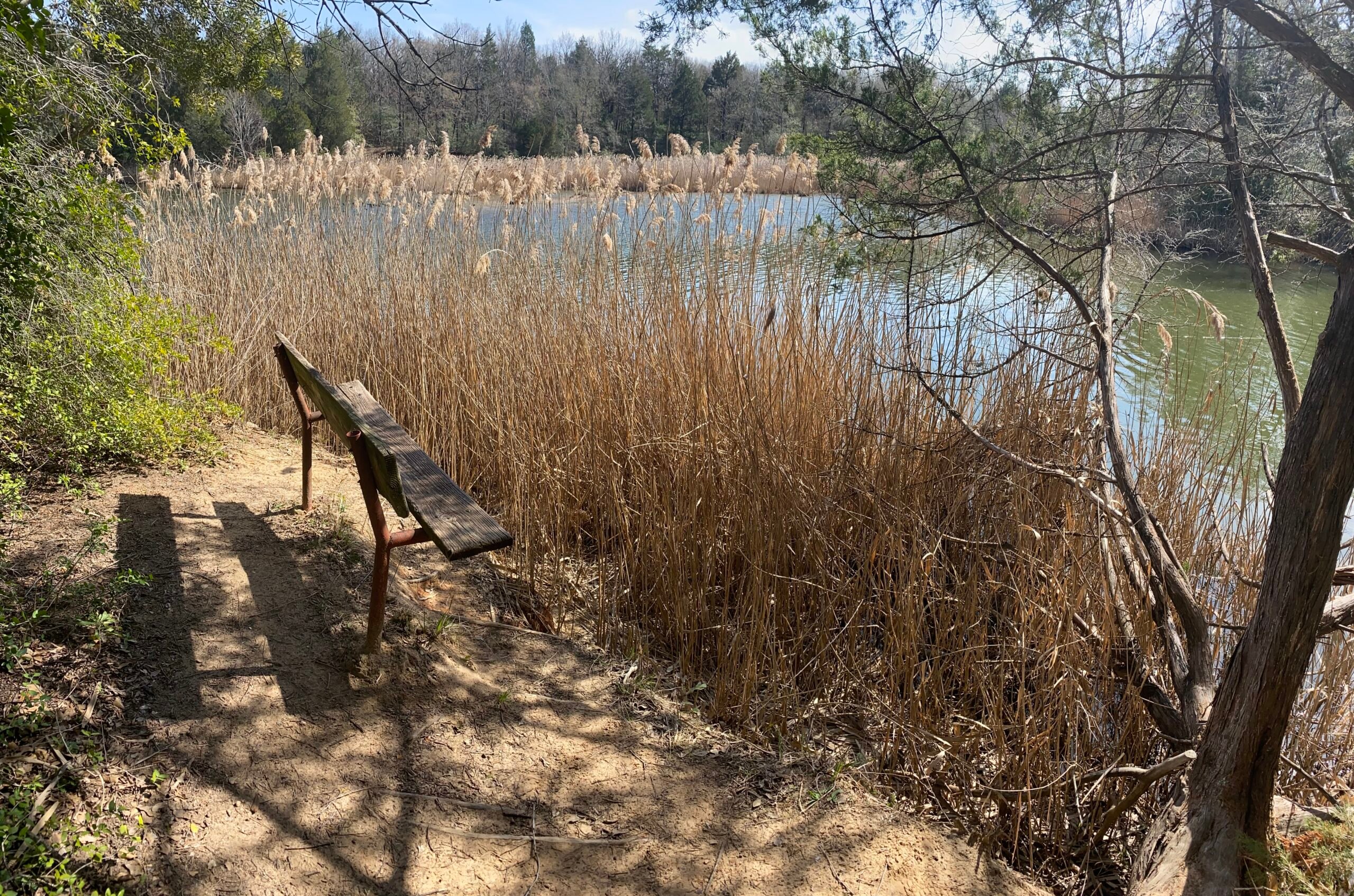Whenever SpaceX rockets blast off from the sandy property that Elon Musk controls near Brownsville, the road to Boca Chica Beach—including Boca Chica State Park—closes by order of the county judge (as well as other days when the company deems it necessary). At times, rockets have exploded and showered down debris on public and private lands for miles around. Bits have been discovered in grassy coastal areas identified by officials from the nearby U.S. Fish and Wildlife refuge as the territory of the endangered piping plover, a small shorebird with a distinctive black-striped face.
But for Rio Grande Valley residents, this land is more than habitat for birds, nesting sea turtles, and other wildlife. It’s a longtime gathering spot for Brownville families and fishermen eager to avoid the tourists and towering resort hotels of South Padre Island to the north. It’s also a place that members of the Carrizo/Comecrudo tribe prize as their ancient camping and fishing grounds.
That’s why more than 2,300 public comments flooded in—the majority negative—when the Texas Parks and Wildlife Commission recently debated a proposal to trade away 43 acres of Boca Chica State Park, west of the beach and adjacent to the existing launch site, to SpaceX. A contentious March 4 hearing attracted dozens of spectators, including three vanloads and more cars full of activists from the Valley who made the five-hour trip to Austin in order to speak for just three minutes each.
But Commission Jeffery D. Hildebrand, a billionaire businessman appointed by Governor Greg Abbott as chairman of the Texas Parks and Wildlife Commission, told opponents this hearing wasn’t about their SpaceX concerns but about what he considered a good deal.
He and other commissioners unanimously voted to swap the parkland for the possibility of acquiring another 477 acres that’s fully 10 miles away, across the Brownsville Ship Channel and west of Port Isabel, even though SpaceX doesn’t yet own that other property. (The company proposes to acquire the land and donate it later.) “Through this transaction, we are guaranteeing the conservation of 477 acres, which would otherwise potentially be developed into condominiums or strip centers,” Hildebrand said.
In April, only weeks after that meeting, the South Texas Environmental Justice Network, in partnership with the Carrizo/Comecrudo Tribe of Texas and Save RGV, sued the Texas Parks and Wildlife Department (TPWD) and the commission for its land swap decision. The groups denounced TPWD for allowing what they called “a land grab of Boca Chica State Park land for a private space corporation that is clearly not in the public interest.”
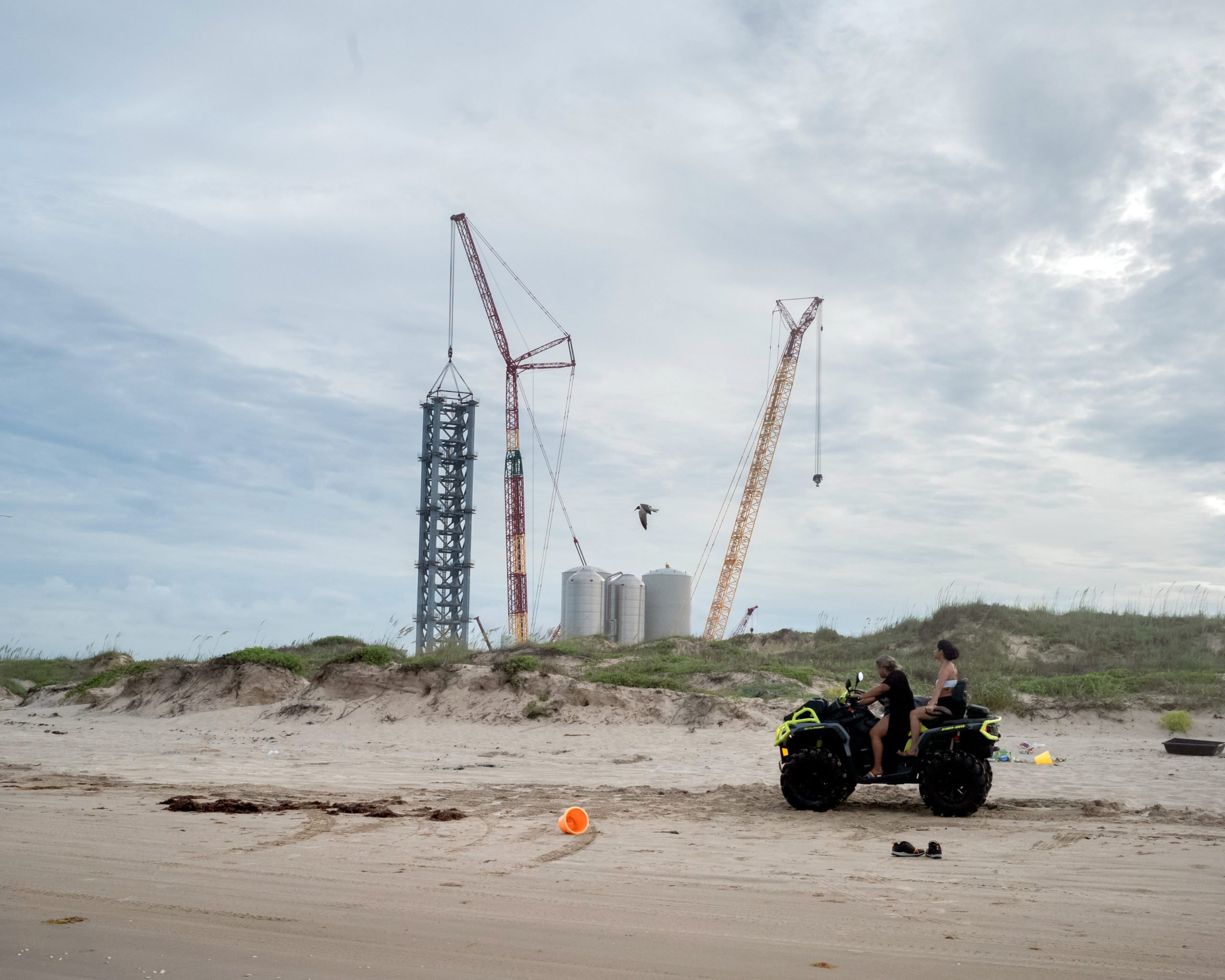
But giving up or giving away Texas state property is nothing new for the state’s park commissioners. Over the last 25 years, commission members have agreed to swap, lease, give up, or give away thousands of acres of public lands, according to records and news accounts.
In some ways, though, this latest proposed land deal is different: It comes only months after Texas voters approved a billion-dollar endowment fund specifically for state park expansion. In other words, Texas state park commissioners are no longer so cash-strapped that they are forced by budgetary constraints to trade away land in order to grow. “It’s absolutely ridiculous,” Olive Hershey, a longtime environmental activist from Houston, said in an interview. “They don’t have to do this at all.”
Voters overwhelmingly approved the Centennial Parks Conservation Fund in November 2023 as a way to celebrate the state parks’ 100th anniversary. On top of that new billion-dollar endowment, Texas voters had previously approved a constitutional amendment that entitled the TPWD to receive 94 percent of the sporting goods sales tax—another fund that has grown to about $160 million a year.
Neither during their March meeting, nor in response to questions for this article did park leaders explain why they chose not to tap the endowment to acquire property instead of sacrificing parkland to SpaceX.
Hildebrand is an energy executive used to cutting deals with major corporations. (He is executive chairman and founder of Hilcorp Energy Company and previously worked for Exxon Company, U.S.A, among others.) Supposedly, the new land acquired via the SpaceX deal will be used to build another state park someday.r
In response to questions about the deal from the Texas Observer, a TPWD spokesperson said via email: “The acres proposed for swap are noncontiguous tracts largely surrounded by private owners and encroached on by construction,” apparently referring to construction by SpaceX itself. “Given the breadth of opportunities to expand and enhance Texas state parkland using the Texas Centennial Parks Conservation Fund, this swap providing a ten-time return on acreage offers the most prudent use of public funds for expanding state park availability in Texas.”
Alex Ortiz, an Austin-based lawyer and water resources expert who currently serves as the volunteer water resources chairman of the Sierra Club’s Lone Star Chapter, is one of many people who consider the swap a bad deal for local residents and wildlife —and bad policy for Texas parks in general. In his formal comment, he wrote: “Approving this action today could potentially risk irreparable harm to Texas’s coastline, endangered species, indigenous communities, and the whole Texas Parks system. Moreover, this decision risks setting a dangerous precedent that large for-profit entities with an appalling history of being a bad land steward and bad for public beach access, like SpaceX, have the ability to slowly chip away at beloved state parks in communities that do not want them to expand.”
TPWD staff have already been authorized to begin negotiations with SpaceX, which will likely involve months-long environmental assessments, though the lawsuit seeks to stop that process. The tracts the state proposes to relinquish are likely visited both by coastal waterbirds and sea turtles, Ortiz said. The larger property SpaceX will supposedly acquire, further inland along a lagoon, likely supports migratory birds and other wildlife. Comparing the ecological value of those two may prove difficult, but, to Ortiz, it all seems unnecessary. “You didn’t have to sacrifice 43 acres of Boca Chica State Park to do this,” Ortiz said in an interview. “This is just bad all around—a bad conservation practice.”
Over the years, TPWD officials, overseen by gubernatorial appointees, have repeatedly cut deals to enable development on current or former state park land. They’ve also traded away state park and recreation land to businesses and other government entities.
In 2019, Port Arthur LNG purchased and donated 1,280 acres near the state’s existing JD Murphree Wildlife Management Area in Port Arthur in exchange for 126 acres owned by the state. Though the math seems to favor Texas public lands, the state land was in an area known as Round Lake, which included sensitive coastal wetlands. A TPWD spokesman said that acreage was already “surrounded by land owned by Port Arthur LNG, which prevented TPWD from effectively managing the lake as it did not own or control the land around it. The company is now developing that parcel for a liquid natural gas port.”
Other records show that the park officials were cozying up to Port Arthur LNG, even as others were fighting that same project in court as potentially hugely damaging to the already fast-subsiding and often-flooded stretch of Texas Gulf Coast. Around the same time, the project developers, Sempra LNG, a San Diego-based energy company with more than $66 billion in assets, received a 2019 environmental stewardship award from TPWD for its employees’ participation in cleanups at nearby Sea Rim State Park. In March 2023, the company announced a multibillion-dollar deal related to its expansion, which was praised by Abbott. (A Sempra spokesperson did not provide comment by publication time.)
It already seems like “SpaceX is in charge.”
But the financial motivation for trading away other state park or recreational land seemed to evaporate in November 2023, when voters approved the billion-dollar endowment. State parks leaders—who oversee 89 parks, natural areas, and historic sites—immediately pledged to begin a new era of expansion.
The 2023 vote came only a few months after TPWD leaders had been publicly embarrassed after being forced to abandon a popular state park on wooded lakefront acreage that they’d leased for decades from a power company. The property, the former home of 1,460-acre Fairfield State Park, was sold to a private developer after state leaders failed to act on an opportunity to buy. They were given 120 days to vacate after the sale went through. Though state officials belatedly tried to recover the land through eminent domain, they quietly abandoned those efforts in December 2023, losing any chance to recoup trails, picnic grounds, and other amenities built with taxpayer money. Much of that public investment will now benefit new owners: the private subdivision’s developer and its future residents.
The avoidable loss of an attractive park and lake so near the fast-growing Dallas-Fort Worth Metroplex attracted plenty of adverse publicity. But Texas park leaders have a long tradition of quietly wheeling and dealing away parkland and wilderness tract.
In 1999, the Legislature amended the Parks and Wildlife code to authorize the transfer of state real estate to local governments because TPWD leaders were complaining that they lacked funds even to address a huge backlog of needed repairs and upgrades in the popular state park system. (Those shortfalls had been created mainly by the Legislature’s failure to allocate enough of the sales tax created in 1994 on sporting goods to adequately support parks.) A series of state land giveaways ensued.
In 2004, state leaders transferred the hugely popular 517-acre Kerrville Schreiner State Park , originally developed by the federal Civilian Conservation Corps between 1935 and 1937, to the city of Kerrville. Lubbock Lake Landmark State Historical Park, a 336-acre site with archeological ruins, went to Texas Tech University and three other state properties were traded away too in the early 2000s.
The Boca Chica State Park property was acquired in 1994, but for decades, much of that land was leased back to the federal government to add to the Lower Rio Grande Valley National Wildlife Refuge. That lease ended in December, only a few months before the land swap vote.
Texas already ranks low in state park acreage per capita—it’s 35th among states. (That rises to 28th in the nation based on the percentage of land covered by state and national parks.) And even that dismal ranking is artificially higher than it should be: It’s skewed by the size of Texas’ largest (and most remote) state park, Big Bend Ranch, which sprawls across 311,000 acres along the meandering Rio Grande in a Far West Texas stretch of desert that spans Brewster and Presidio counties.
Texas owns very little parkland along its 350-mile Gulf of Mexico coastline. But this is not the first time part (or all) of a beachfront state park has been threatened with closure or given away. Most of Bryan Beach State Park, 862 acres of beachfront near the mouth of the Brazos River, in Brazoria County, was transferred to the city of Freeport in 2019 (and the rest went to the Texas Department of Transportation for a dredging operation).
If the 2024 vote holds, SpaceX will soon claim acreage that belonged to one of Texas’ four remaining state coastal parks. Boca Chica State Park, Galveston Island State Park, Mustang Island State Park and Sea Rim State Park. All four have been adversely affected by flooding and hurricanes, but Boca Chica is the only one where public beach access is regularly blocked by private commercial activity. SpaceX did not respond to an emailed request for comment.
The Boca Chica swap won’t happen right away, partly because the land SpaceX proposes to trade is still owned by an Austin-based company called Bahia Grande Holdings, the Houston Chronicle reported. (The owners could not immediately be reached by the Observer).
A TPWD spokesman said, “This disposition process could take up to 18 months and would include an environmental assessment and opportunities for public comment and federal environmental compliance consultations through the National Historic Preservation Act and Endangered Species Act, and with local tribes.”

The recently filed lawsuit may further delay action. But even some opponents worry there’s limited chances left to stop SpaceX’s Boca Chica expansion.
Already, SpaceX has adversely affected Boca Chica State Park and the surrounding area, activists say. Cameron County commissioners have issued a standing order, with permission of the state General Land Office, that allows the county judge to temporarily close off access to public State Highway 4 and the public Boca Chica Beach to allow SpaceX activity.
According to real-time text alerts sent by SpaceX, the road to Boca Chica was closed on March 3 (the day before the land swap hearing), March 7, March 11, March 14, March 25, March 27, and April 5.
For Alex Ortiz, that practice poses yet another troubling question: “There’s a constitutional right to beach access in Texas. So it feels different if there’s repeated closures to a beach in a state park.” (The late René Oliveira, then a Brownsville state representative, passed a bill a decade ago allowing SpaceX to effectively undermine the state’s six-decades-old Open Beaches Act.)
To Valley activist Emma Guevara, a Sierra Club local community organizer, it already seems like “SpaceX is in charge.” She says many local residents are deterred from visiting the public beach at all, because SpaceX has so many “crazy beach and road closures.”
“You have to sign up for alerts and the system is not always accurate,” she said. “Our whole argument is … the more land they get, the more control they’ll have over that area until they have complete control. They pretty much do now because the county supports them.”
Editor’s Note: Olive Hershey is on the board of directors of the Jacob and Terese Hershey Foundation, which is a financial supporter of the Texas Observer.
Clarification: This story has been updated to reflect that Texas ranks 35th in park acreage per capita based on state parks alone and 28th including state and national parks.

